Overcoming generational trauma from "summary" of Kaffir Boy by Mark Mathabane
The concept of breaking free from the burdens of the past, from the chains of suffering passed down from one generation to the next, is a central theme in 'Kaffir Boy' by Mark Mathabane. Throughout the memoir, Mathabane illustrates the ways in which generational trauma can shape the lives of individuals and communities, influencing their perspectives, behaviors, and opportunities. From a young age, Mathabane is confronted with the harsh realities of apartheid in South Africa, witnessing the violence, poverty, and discrimination that define his community. These experiences are not isolated incidents, but rather part of a larger pattern of oppression that has plagued his family for generations. The trauma of racism and injustice is deeply ingrained in the fabric of their lives, passed down like a poisonous inheritance from one ancestor to the next. Despite the overwhelming weight of history bearing down on him, Mathabane refuses to succumb to despair. Instead, he finds strength and resilience in the examples set by his mother and grandmother, who instill in him a sense of hope and determination. Their unwavering belief in the possibility of a better future inspires Mathabane to envision a life beyond the confines of his circumstances, to dream of a world where he is free to define his own destiny. As Mathabane grows older, he comes to understand that overcoming generational trauma is not a simple or straightforward process. It requires courage, perseverance, and a willingness to confront the painful truths of the past. It demands an unwavering commitment to breaking the cycle of suffering and forging a new path forward, one that is rooted in justice, equality, and compassion. Through his journey from the dusty streets of Alexandra to the hallowed halls of an American university, Mathabane demonstrates the transformative power of resilience and determination. He shows that it is possible to transcend the limitations of one's upbringing, to defy the expectations imposed by society, and to create a future that is defined not by the traumas of the past, but by the possibilities of the present. In 'Kaffir Boy', Mathabane offers a powerful testament to the human spirit, to the capacity for healing and growth, and to the enduring legacy of hope in the face of adversity. By sharing his story with the world, he invites readers to consider their own struggles and triumphs, their own capacity for resilience in the face of generational trauma. He challenges us to imagine a world where the sins of the past are not simply repeated, butSimilar Posts
Cultivating empathy and compassion
To cultivate empathy and compassion is to engage with the world beyond oneself. It requires a willingness to step outside of on...
Intertwined destinies of two families
The story of Effia and Esi begins with their shared mother, Maame, who carries the weight of a painful past on her shoulders. M...
Escape from the devastating cycle of poverty
To break free from the relentless grip of poverty is to defy the odds stacked against you from birth. In the slums of Alexandra...
Abuse and mistreatment
In my life as a slave, I have experienced unimaginable cruelty and suffering at the hands of my masters. The abuse and mistreat...

The younger generation straddled two worlds
The younger generation in "The First Generation" by Hannah Ritchie found themselves caught between two distinct worlds. On one ...
The specter of death looms
Death stalked us like a shadow, a dark cloud hovering over our lives, waiting to strike at any moment. It seemed to follow us e...
Personal growth is a lifelong journey
As we navigate the ups and downs of life, we are constantly faced with opportunities for personal growth. This journey towards ...
Pursuing education despite obstacles
Trevor Noah recounts his experience growing up in South Africa during apartheid, a time when education was not easily accessibl...
Choices shaping individual fates
Effia and Esi were sisters, born in different villages in Ghana. Effia was married off to a British slaver, while Esi was captu...
Quest for acceptance and equality
The search for recognition and fairness has been a constant theme in the lives of Afropeans. This pursuit is rooted in the desi...
